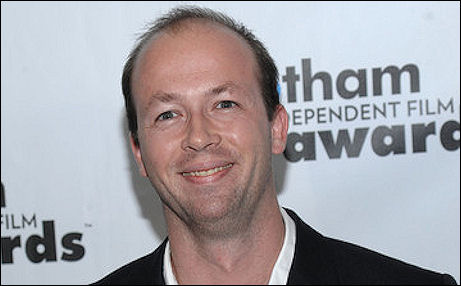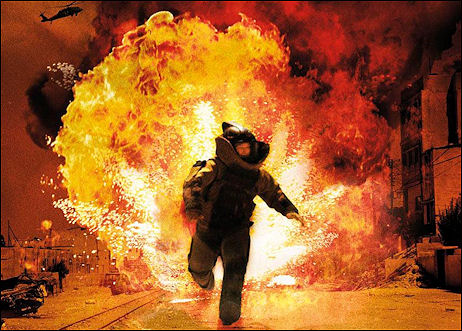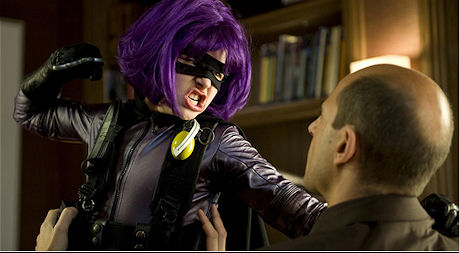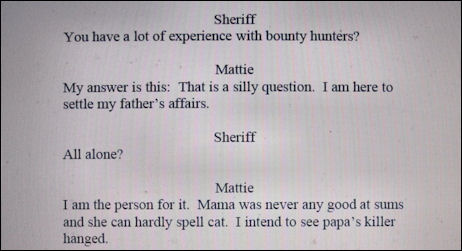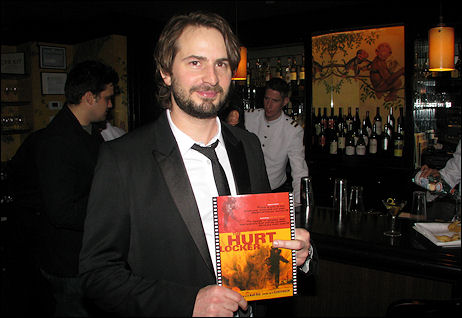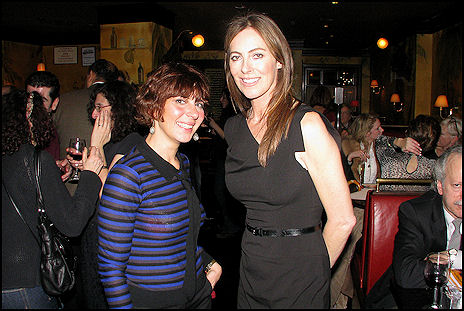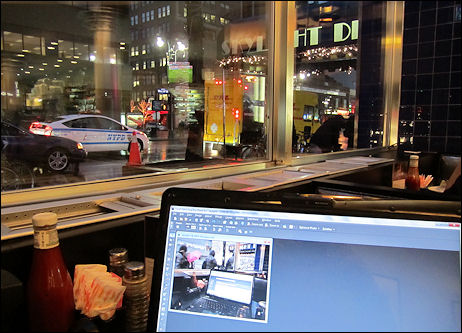Let me explain what the Hurt Locker-related, Nicolas Chartier wildcat e-mail non-story is all about…okay? A certain party saw a chance to somehow hurt The Hurt Locker‘s chances of taking the Best Picture Oscar, and thought that creating a little hoo-hah out of a relatively minor e-mail blunder might help in that regard.
In short it’s a typical “do whatever you can to take down or damage the front-runner” maneuver — no more than that. Except it’s a non-starter.
On 2.19 (i.e., last Friday), one solitary guy with politically clueless instincts sent out an e-mail to friends and colleagues in the Academy urging them to give their Best Picture vote to The Hurt Locker. His appeal basically invoked the old David-vs.-Goliath scenario — i.e,., The Hurt Locker is a little movie going up against the big swaggering Avatar, etc.
According to Pete Hammond‘s 2.23 column, Chartier wrote that “we need independent movies to win like the movies you and I do, so if you believe The Hurt Locker is the best movie of 2010, help us!
“I’m sure you know plenty of people you’ve worked with who are academy members whethere a publicist, a writer, a sound engineer, please take 5 minutes and contact them. Please call one or two persons, everything will help! — best regards, Nicolas Chartier, Voltage Pictures.”
“Whethere”? Sloppy run-on sentences? A comma instead of a period after “engineer”? Followed by a sentence beginning with the word “please” that requires “please” to be capitalized?
Chartier is a French-born foreign sales guy with, I’m told, one of those colorful personalities that foreign-sales guys are sometimes known to have. He didn’t know the rules of the Academy game when he sent the e-mail, and no doubt presumed he was doing a good thing for the Hurt Locker team when he sent the e-mail. And Clarence Thomas thought he was being seductive when he mentioned the sight of pubic hair on a Coca-Cola can.
To my knowledge the Academy hasn’t made it specifically clear to all the nominees that they have to observe certain rules and decorum, nor have they told Oscar-campaign publicists to point out these rules to their clients. Shouldn’t they have?
Last night The Wrap‘s Steve Pond reported that the Academy has “confirmed that the e-mail violated an AMPAS campaign guideline stating that ‘ads, mailings, websites or other forms of content’ that ‘cast…negative or disparaging light on a competing achievement are not permitted.'”
The thinking is that Chartier disparaged Avatar by referring to it as a very expensive Goliath-like movie. Which of course it isn’t. Where did Chartier dream that one up?
The bottom line is that Chartier committed a faux pas in terms of Oscar-campaigning do’s and don’ts. People are fallible and sometimes they screw up. But this wasn’t some sleazy whispering campaign against another contender. It wasn’t some poorly calculated trade-ad campaign that cost tens of thousands. Bags of money filled with unmarked bills weren’t left on people’s back doorsteps. The carte-blanche services of Nevada prostitutes weren’t offered, and no remnants of cocaine lines were found on anyone’s desk.
The guy sent out a dumb e-mail….BIG DEAL. Read the e-mail, shake your head in amazement, hit delete…END OF STORY.
Chartier has issued an apology, and the Academy has reportedly called a meeting about this, and will probably issue some kind of statement that says this sort of thing isn’t done, etc. Can we all go back into nodding-out mode now?

